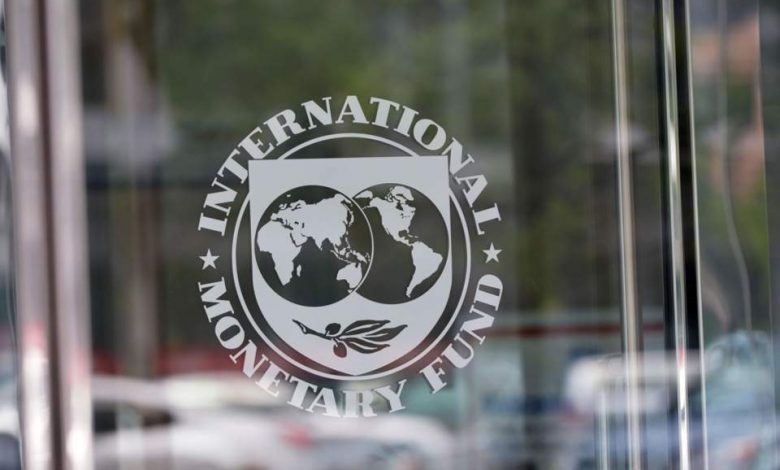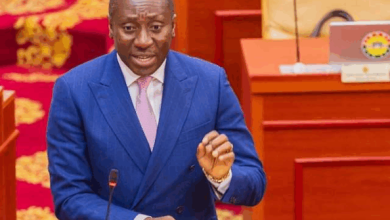IMF justifies BoG’s GH¢60bn DDEP-induced loss

The International Monetary Fund (IMF) has justified the Bank of Ghana’s (BoG) GH¢60 billion loss during the 2022 fiscal year, saying there is no cause for alarm.
The BoG has come under intense pressure from opposition political parties and civil society groups following the loss it incurred.
The Minority Leader, Dr. Cassiel Ato Forson, on Tuesday, demanded the resignation of the Governor, Dr. Ernest Addison, and his deputies over the issue, insisting the apex bank had been reckless; a claim rejected by the BoG.
Meanwhile, the IMF in a post on its website explained that the BoG suffered losses because it participated in the Domestic Debt Exchange Programme (DDEP), which was a key element of the government’s plan to restore macroeconomic stability and public debt sustainability.
“The BoG is participating in the DDE to share some of the burden the DDE places on government debt holders, along with banks, other financial institutions, pension funds and individuals,” IMF added.
The IMF said the loss the BoG incurred in the process contributed to reducing its net equity to a negative value.
However, it assured that this does not prevent the BoG from fulfilling its policy mandates and ensuring inflation gradually returns toward its 8% target.
The IMF indicated that the central bank income was expected to be sufficient to cover monetary policy operational costs, and as such, the BoG’s net equity was expected to improve significantly over time and eventually return to positive territory.
Below is what IMF said about BoG’s loss
Why did the Bank of Ghana (BoG) incur losses from the authorities’ domestic debt exchange and what are their implications?
The Ghanaian authorities’ domestic debt exchange (DDE) is a key element of their plan to restore macroeconomic stability and public debt sustainability. The BoG is participating in the DDE to share some of the burden the DDE places on government debt holders, along with banks, other financial institutions, pension funds and individuals.
The loss the BoG incurred in the process has contributed to reducing its net equity to a negative value. Importantly, however, this does not prevent the BoG from fulfilling its policy mandates and ensuring inflation gradually returns toward its 8-percent target. Indeed, central bank income is expected to be sufficient to cover monetary policy operational costs. The BoG’s net equity is expected to improve significantly over time and eventually return to positive territory.
Source: citinewsroom










